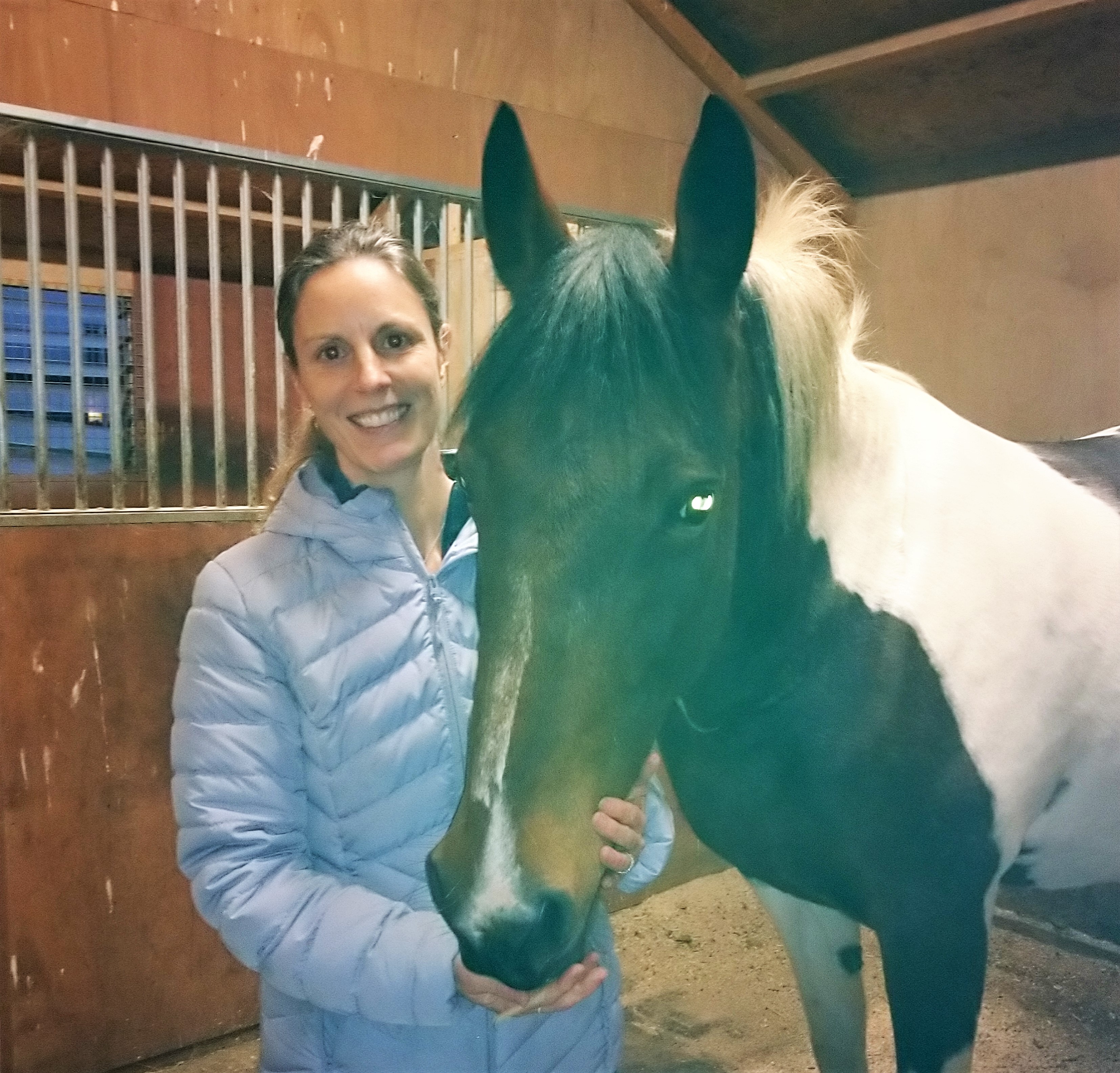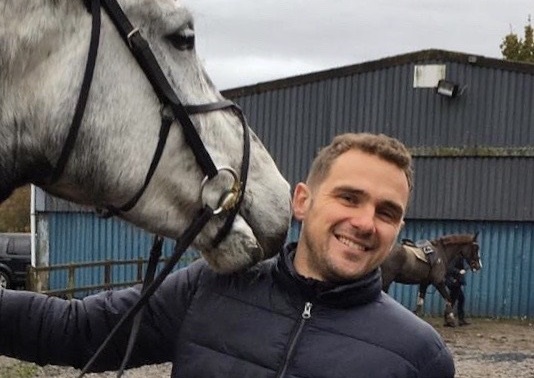Thursday, 01 July 2021
Researchers from the University of Nottingham have received funding for a project to address workplace-related stress for autistic vets.
The team from the School of Veterinary Medicine and Sciences at the University have received £20,000 from the Mind Matters Initiative (MMI) led by the Royal College of Veterinary Surgeons (RCVS), to investigate the various workplace stressors that affect autistic veterinary professionals and present ideas for adjustments to address these factors.
The funding has come from the Sarah Brown Mental Health Research Grant, which is awarded annually to a research project exploring an aspect of mental health and wellbeing within the veterinary profession.
Veterinary surgeons are at a higher risk of workplace-related stress compared with other professions, and the lead researchers propose that autistic veterinary surgeons may be particularly vulnerable to mental health issues. The researchers will aim to identify the factors that affect autistic veterinary professionals, and will make recommendations for workplace adjustments to help create healthier working environments.
 Dr Kirstie Pickles
Dr Kirstie Pickles
The project will involve an in-depth study with 20 autistic vets, in order to identify factors that contribute to either a ‘good’ or a ‘difficult’ day at work, and then develop ideas for reasonable adjustments that could improve their working day. The research will also involve a further survey of individuals with autism spectrum condition within the wider veterinary profession, where the researchers will find out how frequently the workplace characteristics that cause a ‘good’ or a ‘difficult’ day occur, what impact they have on someone’s mental health and to gauge responses to the suggested workplace adjustments.
The researchers will then develop guidelines for workplace adjustments that the sector can adopt to help improve workplace wellbeing for autistic veterinary professionals. The findings will also be presented as a report to the RCVS Mind Matters Initiative’s Mental Health Research Symposium, submitted to peer-reviewed journals and sent to the sector’s press to help raise awareness of the issues that autistic veterinary professionals face.
Lead Researchers, Dr Kirstie Pickles and Dr Brad Hill from the University, said: “We are absolutely delighted to have been awarded this year’s Sarah Brown Mental Health Research Award. We are passionate about raising awareness of autism spectrum condition in the veterinary profession. Having both received a diagnosis of autism, we acknowledge that we bring many strengths to the veterinary workplace, but also experience specific challenges. We hope that this project will identify common challenges for autistic vets so that more focused workplace guidance can be recommended.”
 Dr Brad Hill
Dr Brad Hill
Professor Sarah Freeman, Equine Clinical Sub Dean at the University, said: “The School of Veterinary Medicine and Science is strongly committed to EDI and wellbeing in the veterinary profession and holds Athena SWAN Bronze award, demonstrating our ongoing commitment to the advancement of gender equality. Kirstie Pickles and Brad Hill are leading initiatives on inclusion and wellbeing within our school and the veterinary profession. This project collaborating with Jonathan Houdment at the School of Medicine is an exciting opportunity to continue open conversations and developing support for veterinary students and practitioners.”
Lisa Quigley, Mind Matters Initiative Manager said: “We’re thrilled to award this year’s research funding to the team at the University of Nottingham’s veterinary school. We were impressed with how well-researched their application was and this is clearly an area that the lead researchers are passionate about through their own lived experience.
“This research project will also build on the work that RCVS have been doing to raise awareness of neurodiversity in the veterinary professions. We look forward to hearing how the research progresses and reviewing the recommendations for workplace adjustments that will help to support the mental health of autistic veterinary professionals.”
Story credits
If any veterinary surgeons with lived experience of autism would like to be involved in this study, please contact kirstie.pickles@nottingham.ac.uk or brad.hill@nottingham.ac.uk for further details.
Notes to editors:
About the University of Nottingham
Ranked 97 in the world and 17th in the UK by the QS World University Rankings, the University of Nottingham is a founding member of Russell Group of research-intensive universities. Studying at the University of Nottingham is a life-changing experience, and we pride ourselves on unlocking the potential of our students. We have a pioneering spirit, expressed in the vision of our founder Sir Jesse Boot, which has seen us lead the way in establishing campuses in China and Malaysia - part of a globally connected network of education, research and industrial engagement.
Nottingham was crowned Sports University of the Year by The Times and Sunday Times Good University Guide 2024 – the third time it has been given the honour since 2018 – and by the Daily Mail University Guide 2024.
The university is among the best universities in the UK for the strength of our research, positioned seventh for research power in the UK according to REF 2021. The birthplace of discoveries such as MRI and ibuprofen, our innovations transform lives and tackle global problems such as sustainable food supplies, ending modern slavery, developing greener transport, and reducing reliance on fossil fuels.
The university is a major employer and industry partner - locally and globally - and our graduates are the third most targeted by the UK's top employers, according to The Graduate Market in 2024 report by High Fliers Research.
We lead the Universities for Nottingham initiative, in partnership with Nottingham Trent University, a pioneering collaboration between the city’s two world-class institutions to improve levels of prosperity, opportunity, sustainability, health and wellbeing for residents in the city and region we are proud to call home.
More news…